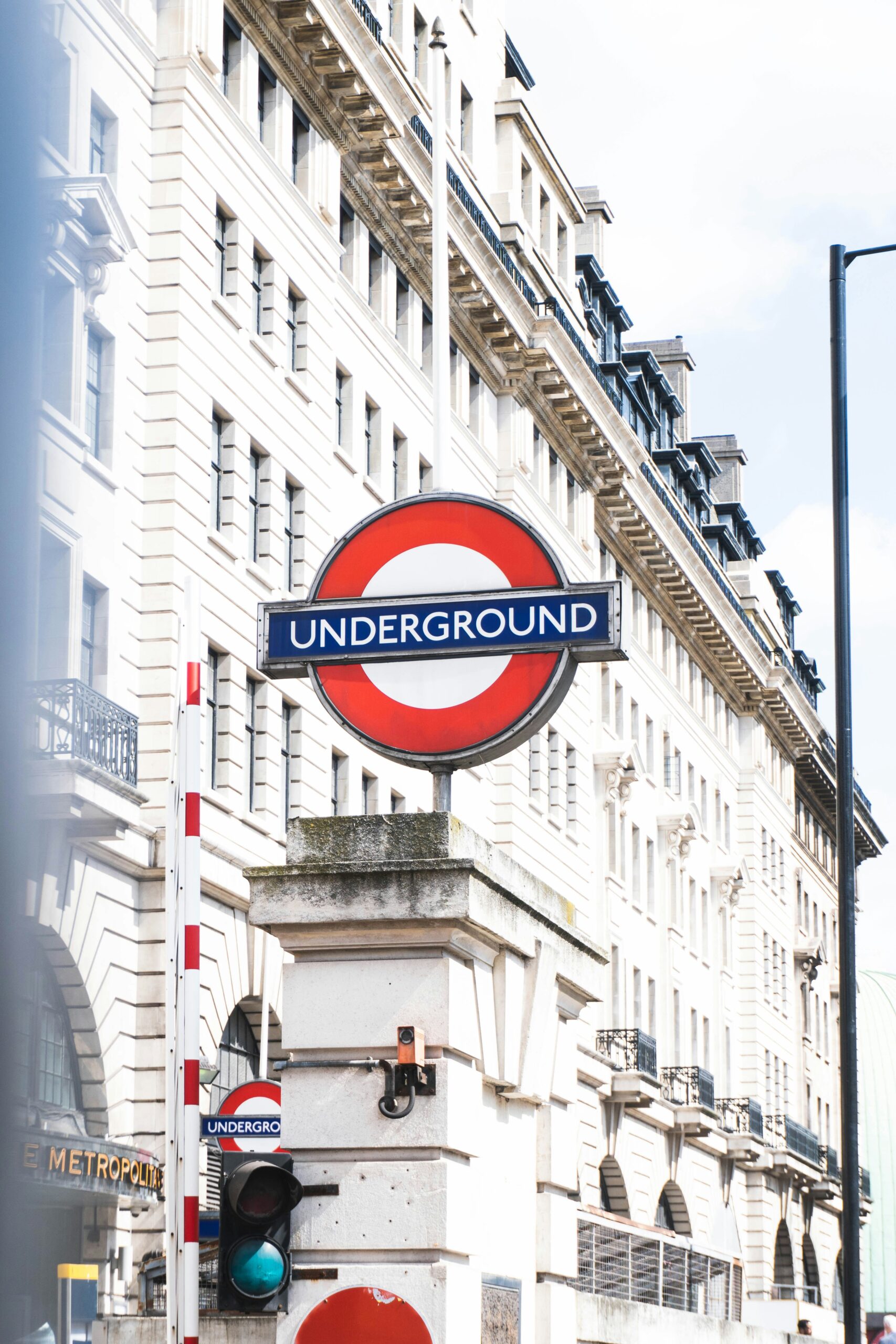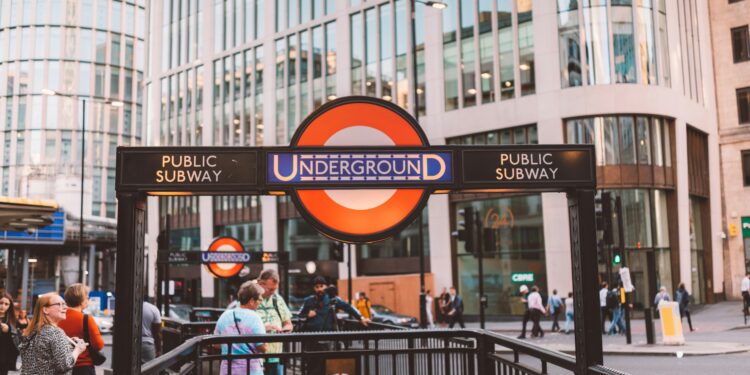The familiar groan of frustration echoes across London once more as the capital braces for a week of crippling Tube strikes. While headlines will focus on the inevitable travel chaos and the disrupted plans of millions, to dismiss this situation as merely another transport dispute is to miss the point entirely.
In other words, to frame this strike solely around the 3.4% pay rise offered by Transport for London (TfL) will be a tragic misrepresentation of the crisis. The heart of this dispute, as articulated by the RMT union, revolves around the crafty issues of “fatigue management” and “extreme shift rotations.” These are not trivial demands; they are fundamental questions about the health, safety, and dignity of the workers who keep London moving.
When Tube staff speak of fatigue, they are describing the kind of exhaustion that leads to critical errors, undermines mental health, and degrades the quality of life. TfL’s dismissal of these concerns while offering a below-inflation pay increase reveals a management ethos that views its workforce as cogs in a machine, not human beings deserving of a sustainable work-life balance. This strike is a direct response to that dehumanization.

How the London Transport Strikes are Paralyzing a Global City
The impact of this industrial action extends far beyond a frustrated commute. The decision to bring the Docklands Light Railway to a halt directly targets the financial arteries of Canary Wharf and the City of London, sending a clear message about the workers’ economic leverage.
More surprisingly, the disruption has forced international acts like Coldplay and Post Malone to reschedule major concerts at Wembley Stadium, illustrating how a local labor dispute can ripple through the city’s cultural and tourism economy, costing millions in lost revenue and damaged reputation. This severe disruption is the entire point—it is the only language that seems to force those in power to the negotiating table.
Why It Matters
Ending this cycle of strikes requires TfL and the government to move beyond token pay offers and engage in good-faith negotiations on the core issues of fatigue and shift patterns.
A reduction in the working week is not an unreasonable demand towards prioritizing employee wellbeing. Also, independent mediators should be brought in to broker a long-term agreement that includes binding commitments on working conditions, creating a stable framework that prevents annual disputes.
Additionally, London’s leaders and citizens must recognize that a reliable, world-class Tube system requires a respected, well-rested, and fairly compensated workforce. The solution to these strikes is not to break the unions but to finally listen to them and build a transport system that works for everyone —passengers and staff alike.

















